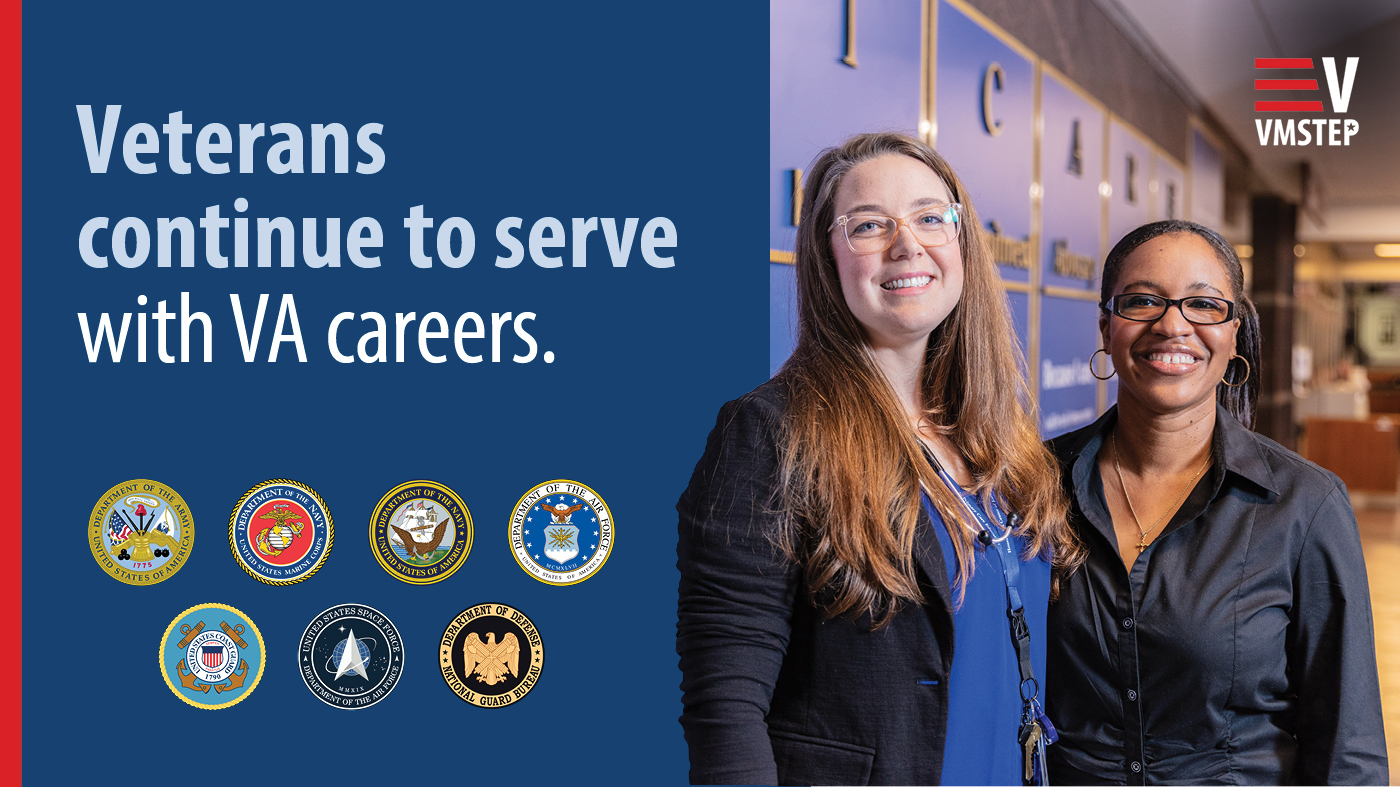As a Veteran, you bring unmatched value to public and private-sector workplaces. And we’re not just talking about your technical training (though that’s important, too). We’re referring to what the Rand Corporation calls “soft skills.” But don’t be misled by the word “soft.” These competencies that you gained on the job in the military spell the difference between success and failure: Leadership. Decision-making. Accountability. Perseverance. Attention to detail. The ability to learn new things fast. What employer would not want someone who embodies these traits?
The challenge is that many Veterans have yet to learn the ropes of getting a job in the civilian world. So you will be glad to know that the Department of Veterans Affairs is there to help.
Working for the Federal Government: Veterans Preference
Did you know that your service in the military can put you at a competitive advantage in competing for Federal employment? The so-called Veterans Preference gives eligible Veterans preference in appointment over many other applicants. It’s based on your dates of active-duty service, receipt of a campaign badge, Purple Heart or a service-connected disability. To see if you qualify, simply visit www.fedshirevets.gov.
VAforVets: Working for VA
More than 100,000 Veterans come to work each day with one mission: to give Veterans and their families the best possible care. If you’re not health care-qualified, be assured that there are many other business and technical roles you can play. In fact, here’s an example of special non-competitive jobs for which you may be eligible. For the entire list of the many jobs we have open across the country, visit www.VAcareers.va.gov.
Vets.gov: Making the transition to the job of your choice
Even if working for the government or VA is not your choice, the Federal Government has resources for you. Vets.gov or the Veterans Employment Center™ (VEC) is a one-stop site that can help you and your family with meaningful employment and career-development opportunities. VEC gives you a chance to explore different careers and how to prepare for them. Wherever you are in the transition process, the Veterans Employment Center provides career advice and résumé-building assistance, as well as access to employers who are committed to hiring Veterans and military spouses.
These are just some of the resources that are available for you. In addition, there are state employment offices, where you will find Local Veterans’ Employment Representatives (LVERs), who are dedicated to providing assistance — from counseling and testing to monitoring job vacancies — ensuring that Veterans get their due.
Your transition from the military to civilian life is a key moment that can shape the rest of your working life. We suggest that you take full advantage of the resources available. And if you’re interested in VA, we invite you to Join Us!
Topics in this story
More Stories
You had questions, we had answers. Take a look at the information and advice we shared that had the most impact with readers in 2024.
For Veterans, the mission does not end when the uniform comes off. VA careers offer opportunities to serve while building fulfilling civilian careers.
Whether it’s access to the great outdoors or a calmer pace in your everyday life, you can find it in rural VA communities around the country.






